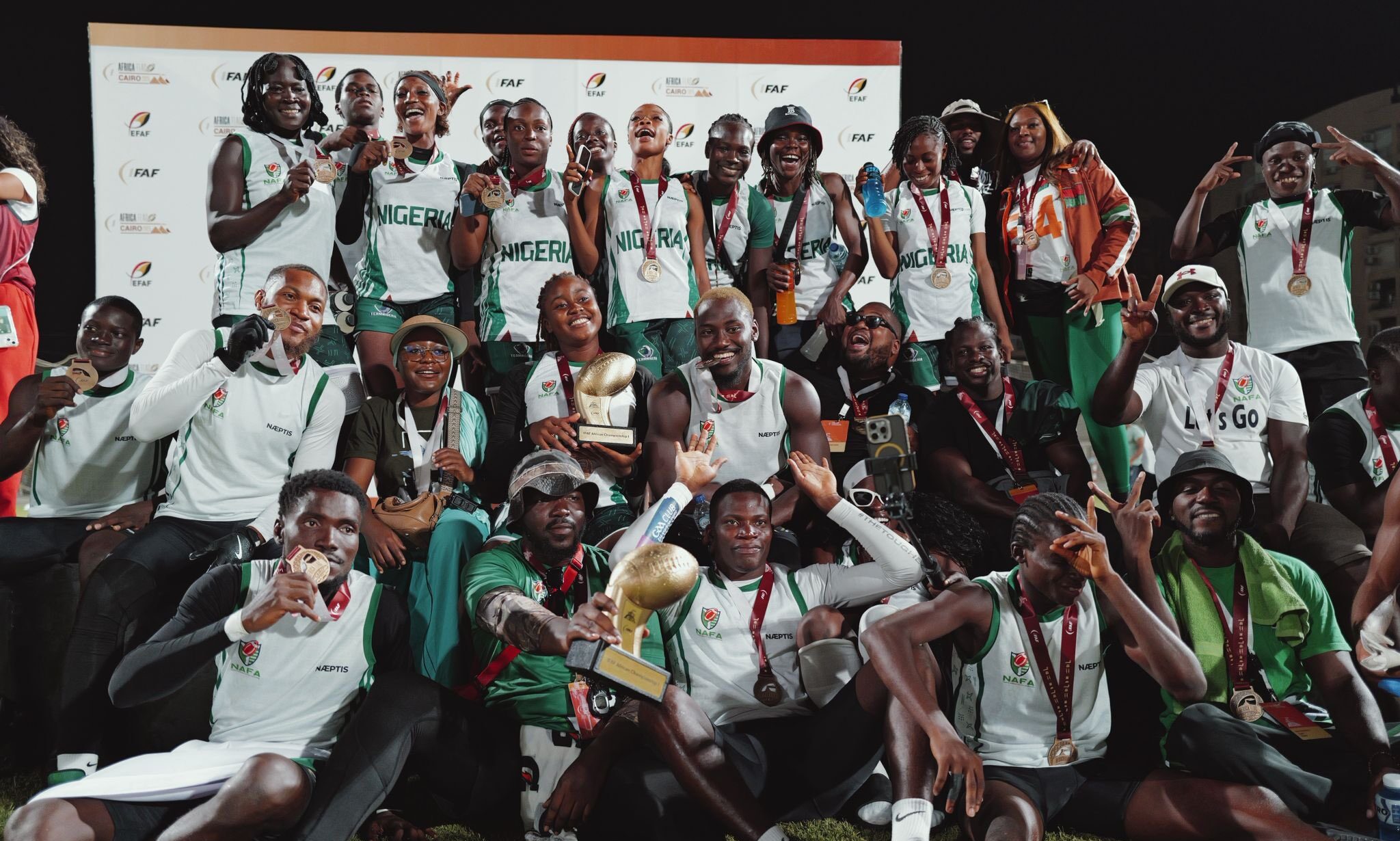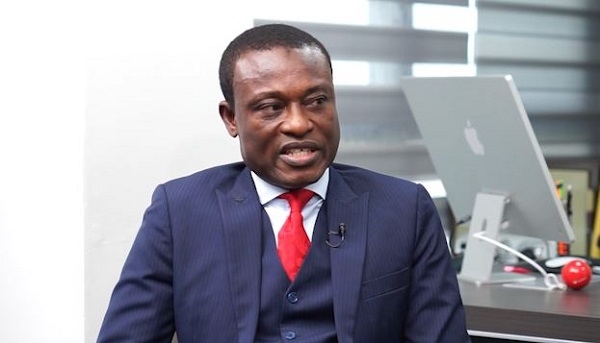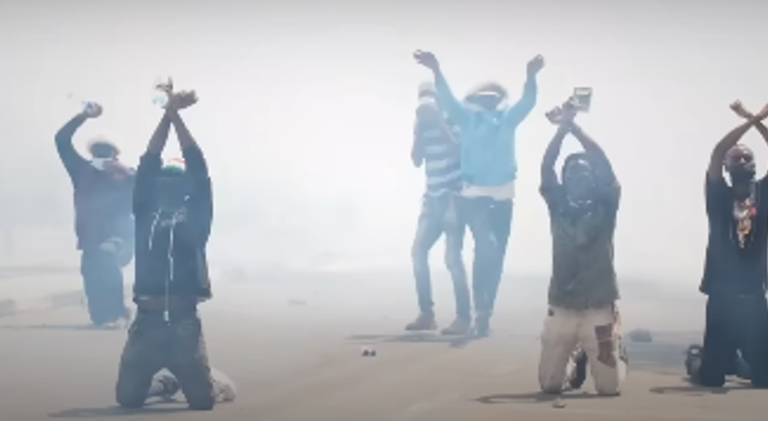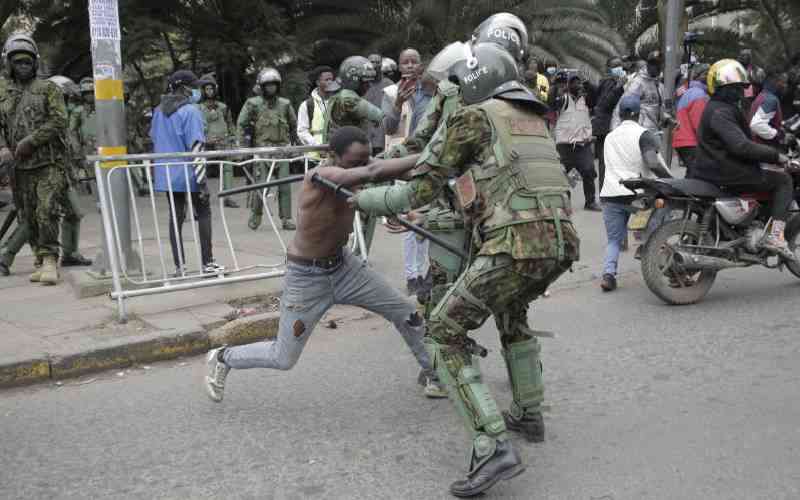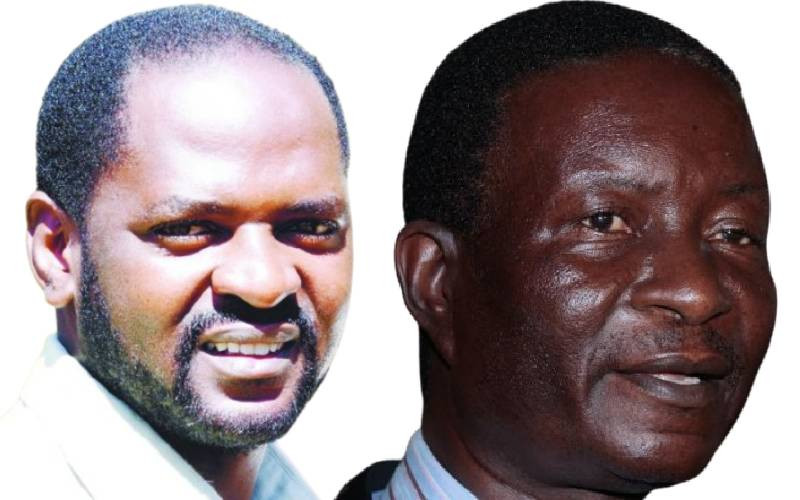BBC Expose on Deadly Parliament Clash and Police Violence
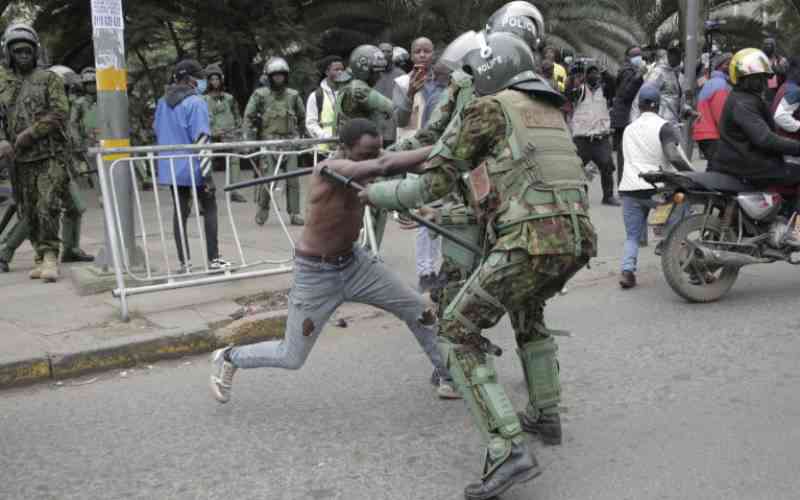
On July 16, 2024, a significant Gen Z protest unfolded in Nairobi, marking ten months since young Kenyans marched on the National Assembly to oppose the 2024 Finance Bill. The BBC African Eye documentary, "Blood Parliament," vividly portrays the events of that day, revealing a grim picture of demonstrators clashing with authorities over what they deemed an oppressive law.
Driven by President William Ruto’s austerity measures, intended to fund the national budget, the bill sparked widespread outrage. Ruto defended the bill by stating the need to enhance taxes for a serious state. However, ordinary Kenyans felt these taxes would push them further into hardship. Protests erupted across the country as the youth voiced their demands to be heard.
Activist Bonface Mwangi highlighted the public's pain and the government's perceived indifference. Echoing this sentiment, Adan pointed out the rampant corruption, contrasting the growing wealth of the political class with the struggles of the common citizen. The protests in Nairobi saw intense clashes between police and demonstrators. Mwangi noted that this was a conflict between the Kenyan people and the ruling class, aiming to occupy Parliament.
As protesters approached Parliament, they faced tear gas, truncheons, rubber bullets, and eventually, live gunfire. David Chege, a 37-year-old software engineer, and Erickson Mutisya, a 25-year-old, were fatally shot on Parliament Road. Video analysis from the documentary identified a plainclothes officer, John Kaboi, as the shooter. Activist Hanifa Adan recounted hearing police officers instructing others to "kill them" while pushing demonstrators.
Inside Parliament, despite the chaos, MPs proceeded to vote on the Finance Bill, which passed with 195 votes in favor and 106 against, leading opposition MPs to walk out. Demonstrators breached the building's outer defenses, causing lawmakers to scramble for safety. Babu Owino, MP for Embakasi East, reported that some MPs escaped through tunnels and ambulances.
Outside, police continued firing on the crowd. Erick Shieni, a 27-year-old finance student, was shot while leaving Parliament. Faith Odhiambo, President of the Law Society of Kenya, condemned the police for shooting unarmed protesters, alleging the intent was to kill and send a message. More than 23 counties experienced demonstrations, resulting in looting, arson, and an estimated 30 deaths.
President Ruto addressed the nation, attributing the chaos to "organized criminals" who had infiltrated legitimate protests. While expressing regret for the deaths, he thanked the security forces. Despite substantial evidence gathered by the BBC Eye, no official accountability has been realized, and investigations by the Independent Policing Oversight Authority (IPOA) remain unresolved.
Weeks later, Ruto rescinded his stance and announced he would not sign the 2024 Finance Bill. Adan noted that this decision came too late. Odhiambo reflected on the protests' legacy, emphasizing that the government’s disregard for the youth’s concerns had pushed them to act. She highlighted the solidarity and courage of Kenyan youth, which shook the foundations of their democracy, reminding the country that the People's Assembly belongs to the people.

